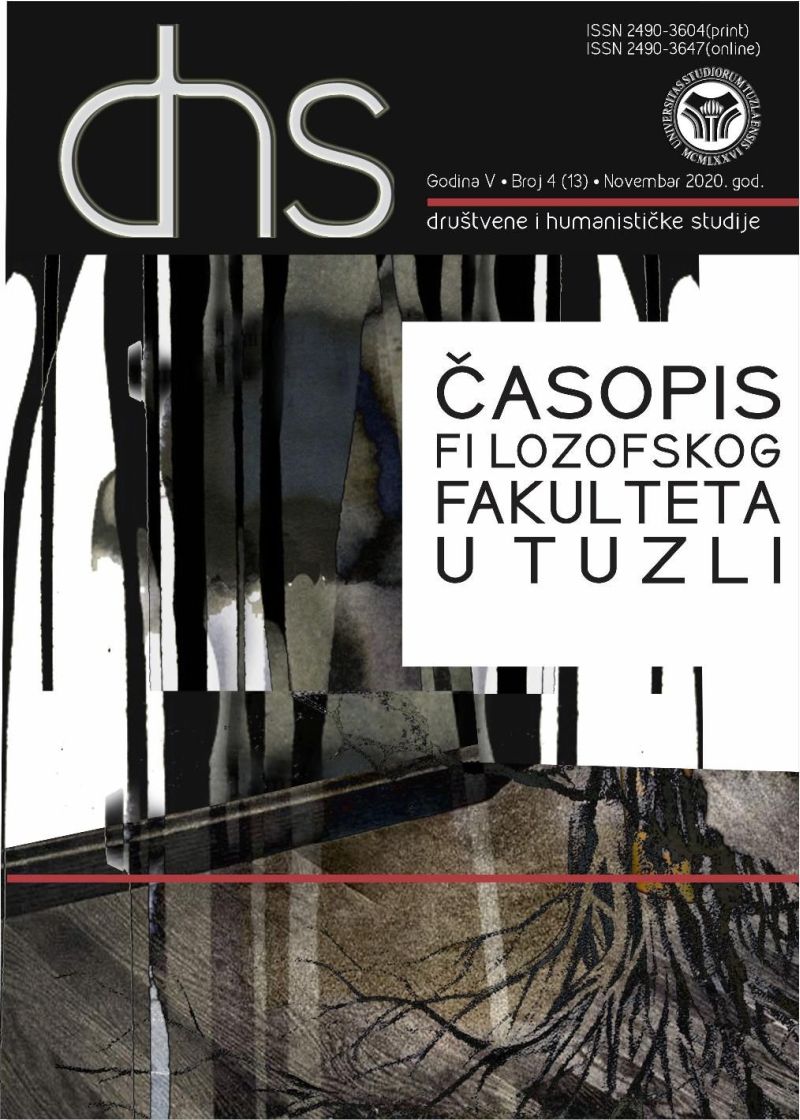Die retrospektive Analyse der Nützlichkeit des Wiederholens von Aufgaben in Deutsch als Fremdsprache
Retrospective Analysis of the Usefulness of Task Repetition in German (L2)
Author(s): Mirjana Matea Kovač, Irina BobanSubject(s): Language studies, Foreign languages learning
Published by: Filozofski fakultet Univerziteta u Tuzli
Keywords: task repetition; speech fluency; retrospective analysis;
Summary/Abstract: This paper aims to obtain an insight into the usefulness of task repetition based on retrospective comments in a questionnaire. In the context of formal language teaching, there is an insufficient representation of task repetition, although the findings of numerous studies indicate several positive changes in overall speech performance. Therefore, researchers emphasize the necessity of implementing task repetition to achieve automation and proceduralisation of knowledge. The study involved 14 undergraduate students of German studies at the Faculty of Philosophy in Split, who gave a presentation in German and repeated it after one week. A retrospective analysis displays that the participants claim various benefits of task repetition, such as the ability to pre-identify possible language difficulties and easier access to the lexemes in the mental lexicon, as well as a more effective resolving of lexical difficulties. Based on their answers, it is argued that the use of rehearsed formulas has resulted in several positive effects such as the formation of more complex and appropriate expressions, the ability to select more lexemes with similar meanings, more accurate use of grammatical forms and syntactic structures, and more effective speech monitoring. The analysis of the students’ answers revealed a very positive assessment of task repetition, which aims at improving overall speech performance.
Journal: DHS-Društvene i humanističke studije: časopis Filozofskog fakulteta u Tuzli
- Issue Year: XIII/2020
- Issue No: 13
- Page Range: 99-116
- Page Count: 18
- Language: German

